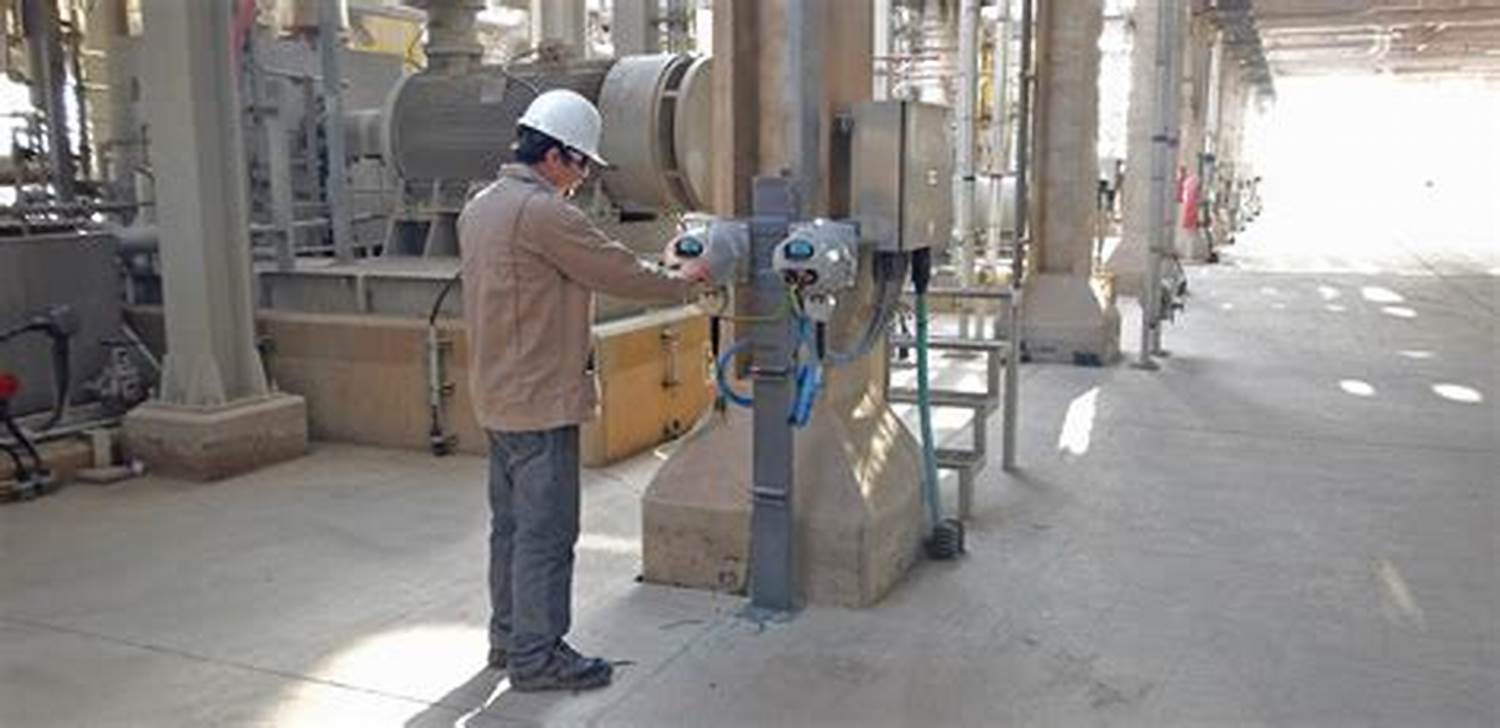Course Overview:
This course provides an in-depth understanding of applied fluid mechanics and the practical challenges associated with it. Focusing on the analysis and design of fluid systems in various engineering applications, the course covers fundamental principles of fluid mechanics and their real-world applications. Participants will learn measurement, analysis, and simulation techniques to solve fluid-related issues, enhancing system performance and efficiency.
Course Objectives:
- Build a strong foundation in applied fluid mechanics theories.
- Equip participants to tackle practical challenges in fluid systems.
- Develop skills in measurement and analysis for fluid performance evaluation.
- Apply fluid mechanics principles in engineering design and performance analysis.
- Enhance problem-solving abilities related to fluid flow.
Course Content:
- Introduction to Fluid Mechanics: Basic principles and physical properties of fluids.
- Flow Laws: Conservation laws of mass, energy, and momentum in fluid systems.
- Flow Patterns: Laminar and turbulent flow and dynamic analysis.
- Industrial Applications: Addressing fluid challenges in industrial settings such as pipelines, pumps, and valves.
- Analysis and Simulation: Using engineering software for fluid system design and analysis.
- Case Studies: Practical examples and solutions to fluid challenges in industrial environments.
Target Audience:
This course is ideal for mechanical engineers, process engineers, and technicians working in sectors such as energy, manufacturing, petrochemicals, infrastructure, and environmental engineering. It is particularly suited for professionals looking to broaden their knowledge and skills in fluid mechanics and its practical applications in daily challenges.






